Adding compost or mulch to your garden has several benefits. But, herbicide carryover in these amendments can cause serious problems to plant growth.
Compost is a great source of organic matter that enriches the soil and improves soil structure. It provides essential nutrients for plants and is a food source for beneficial soil microbes. Mulch helps regulate soil temperature, retain moisture, and suppresses weed growth. It’s a simple and effective way to support the health and growth of your garden.
Herbicide Carryover in Compost and Mulch
Unfortunately, the presence of herbicide residue in compost and mulch is on the rise. And, the effects can be devastating. Herbicide residue can be found in fresh and aged livestock manure, bulk commercial compost, hay, straw, and grass clippings. When contaminated amendments are applied to the garden the residue can leach into the soil.
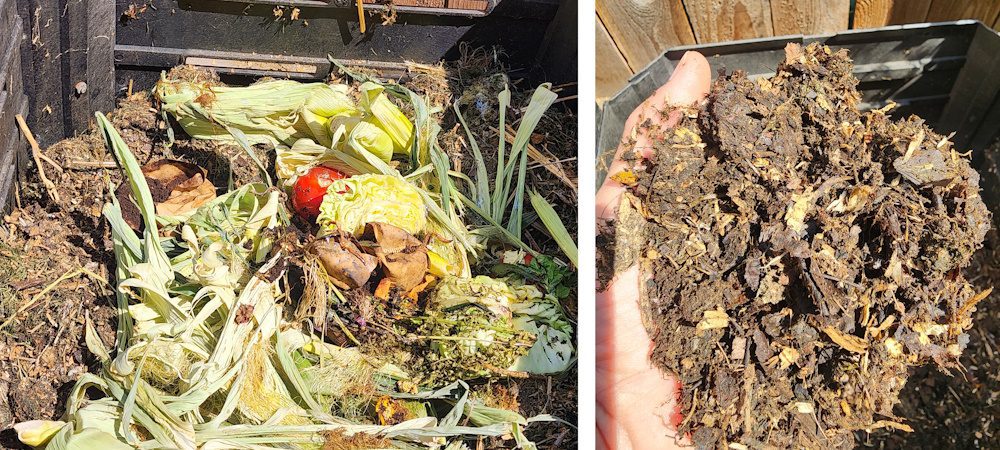
It’s a common practice for many farmers and ranchers to apply broadleaf herbicides (pyridine carboxylic acids) to pastures and hay and grain crops to prevent weed infestations; specifically, weeds that can sicken or kill livestock.
The herbicide used on pasture and feed crops has no ill effects on livestock. The material passes through the animal’s digestive tract and is excreted in urine and manure. Unfortunately, herbicide residue can remain in manure, hay, straw, and grass clippings for up to 5 years.
Applying contaminated amendments to the soil can cause serious problems for growing plants. Common symptoms include poor seed germination and deformed plant growth. Plant leaves and stems will twist and cup or become elongated. Other symptoms include plant die-off, misshapen fruit, and reduced yields.
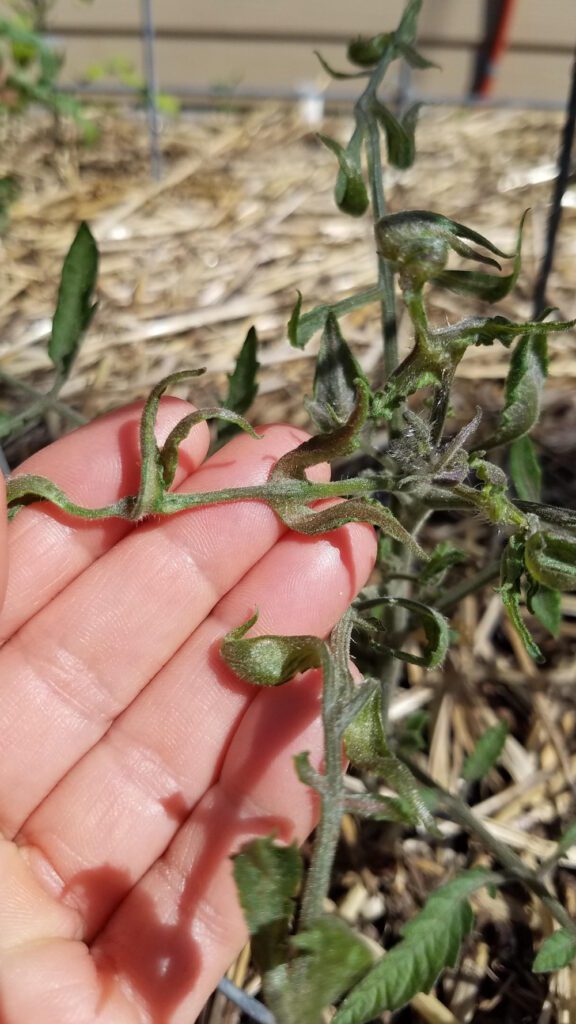
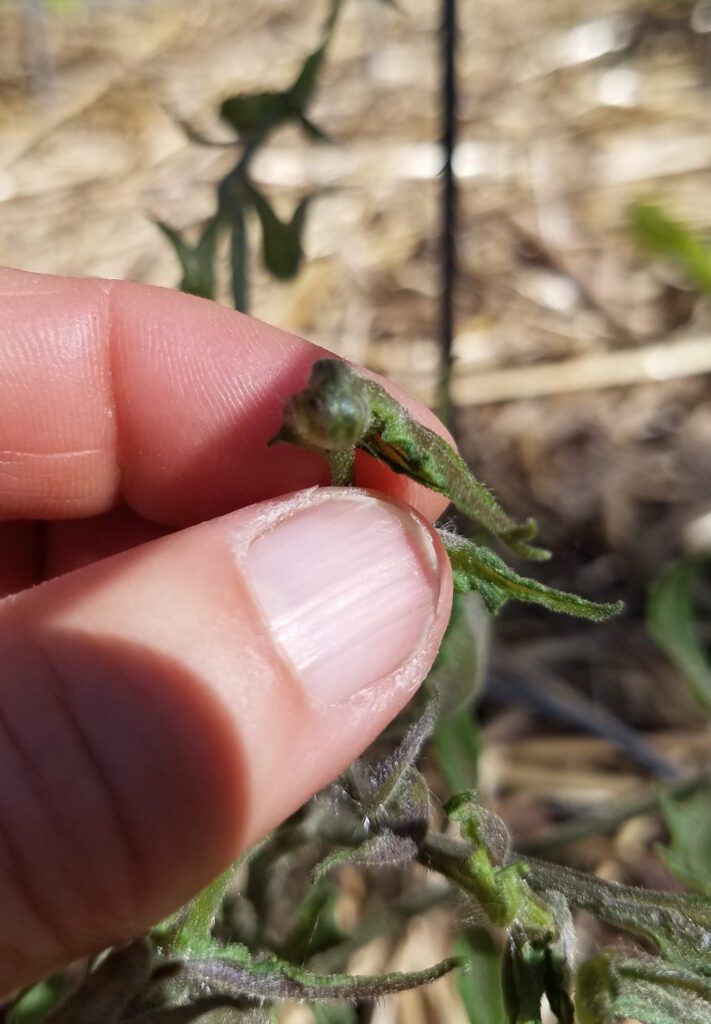
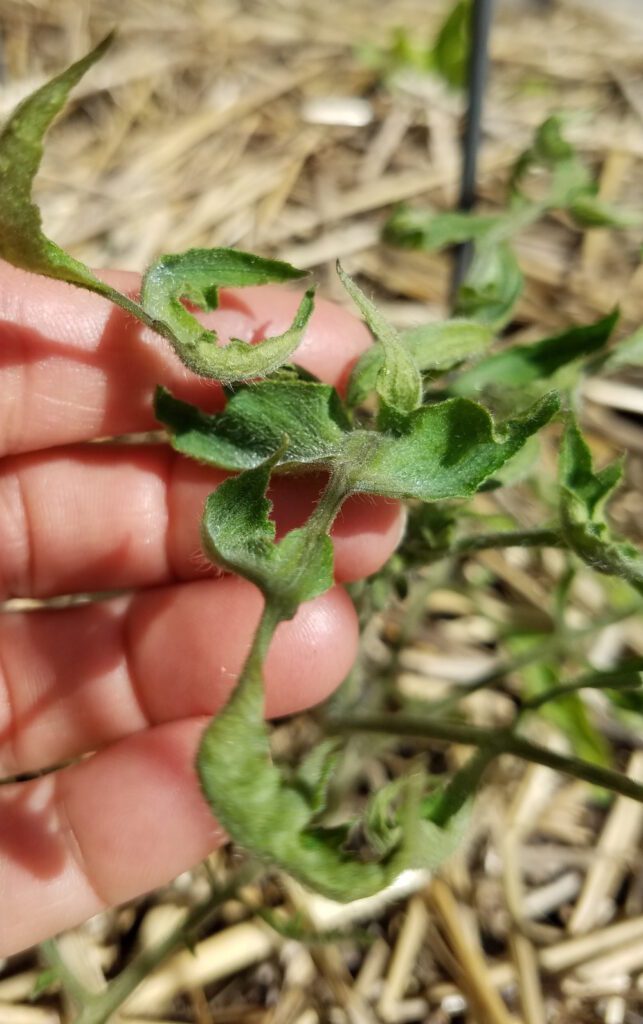
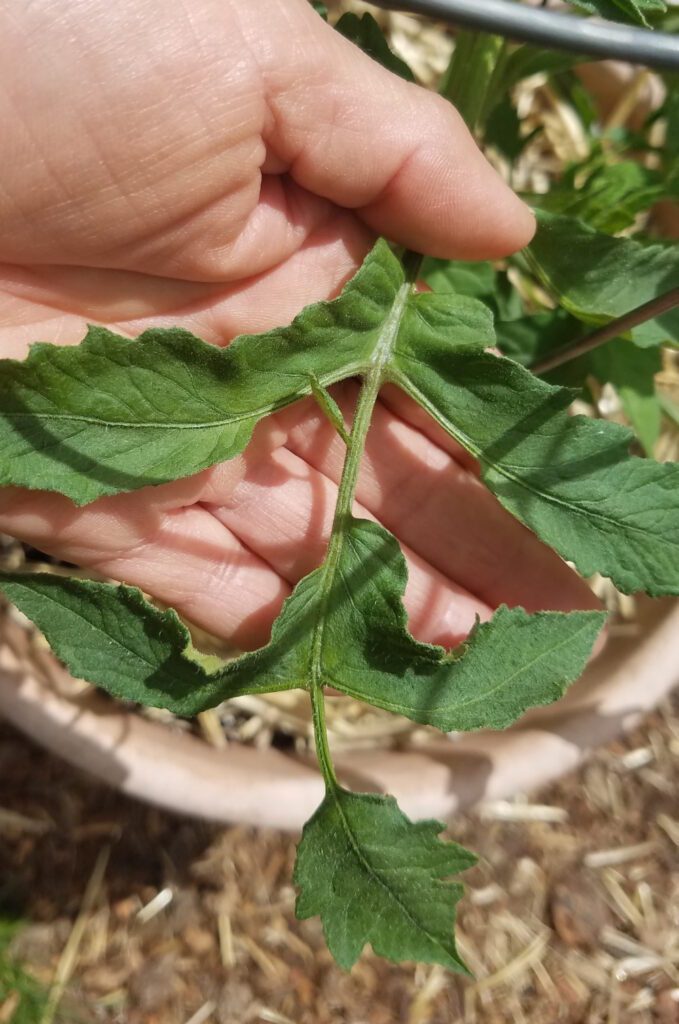
How to Prevent Herbicide Contamination in Your Soil
To prevent herbicide residue in your garden it’s important to be aware of the source of your compost, manure, or mulching materials. Most importantly, if the herbicide content of the material is unknown, don’t use it!
Before purchasing bulk compost from a garden center or nursery, ask where the material came from. If you acquire composted or fresh manure from a rancher, ask what the animals were fed, and what if any, herbicides were used on the grain, hay, or pasture.
Avoid using grass clippings that have been treated with a “weed-and-feed” product or “certified weed-free” straw for garden mulch. Both of these amendments will likely have herbicide residue present.
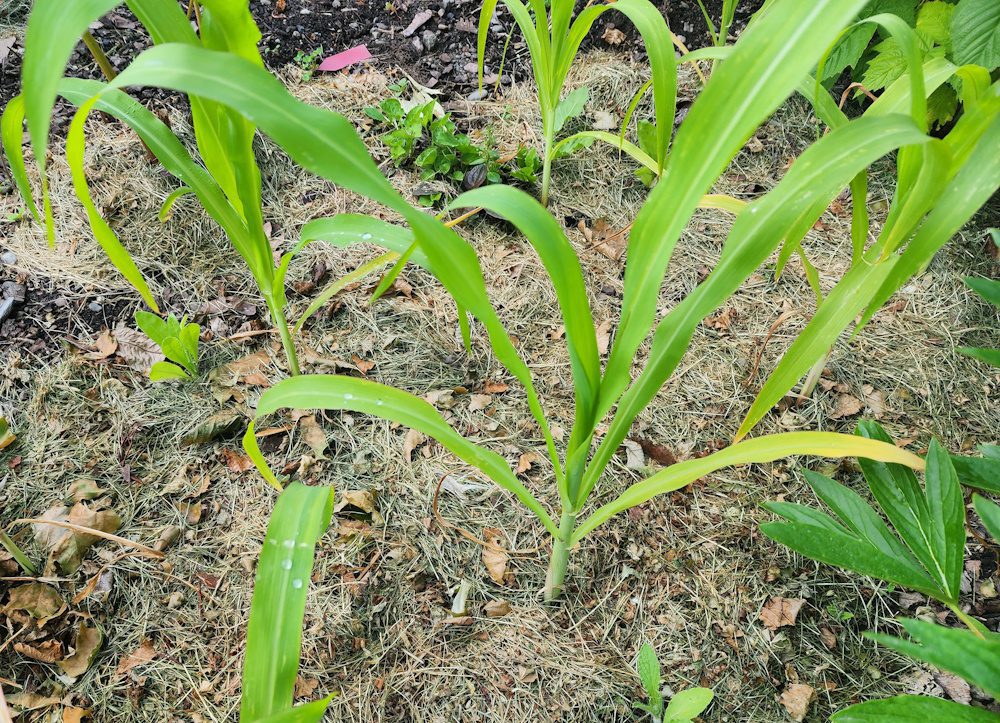
Testing for Herbicide Residue
If you are uncertain about the presence of herbicide residue in an amendment, a simple germination test can ease your mind. Plants, like peas or beans, are sensitive to broadleaf herbicides and can help determine if the amendment is contaminated.
To conduct a germination test, first mix the questionable material with a quality commercial growing medium in a 2:1 ratio. Next, sow a few bean or pea seeds in a couple of containers — this is your “test” group. For the “control” group, fill a few more containers with only the commercial potting mix and plant the same number of seeds in each.
Allow the plants to grow out for two to three weeks until the first true leaves appear. Compare the growth of the control group with the test group. If you see poor germination, abnormal growth, or die off in the control group you can assume the material is contaminated. If all plants grow normally, then the amendment is likely safe to use.
Your garden is an investment in your time and effort, so it’s best to ask questions about the amendments you are using to ensure a healthy, thriving garden.


Just curious, do you know just how “organic” Gardner & Bloome Purely organic compost is? I have purchased this from Northwest Feed & Pet over the past few years, but am beginning to wonder if this product is why some of my veggies are not producing well.
My tomatillos from you are doing great. Can’t wait until they bear fruit. Also, I was admiring your chicken coop; did you built it from your own design, or purchase a kit. Thank you, Sheila
Hi Sheila, Thanks for your question. I would suggest that you have your soil tested to see what’s going on with your soil, especially if your garden is becoming less productive. You can find soil testing kits at your local County Extension office. Unfortunately, we have to trust that when a product is certified for use by the Organic Materials Reviews Institute (OMRI), that it is indeed organic. I use G&B Purely compost exclusively on my garden (when I run out of my own homemade compost), and I’ve not experienced any issues. Regarding the chicken coop, it’s my own design, not from a kit. — Candace